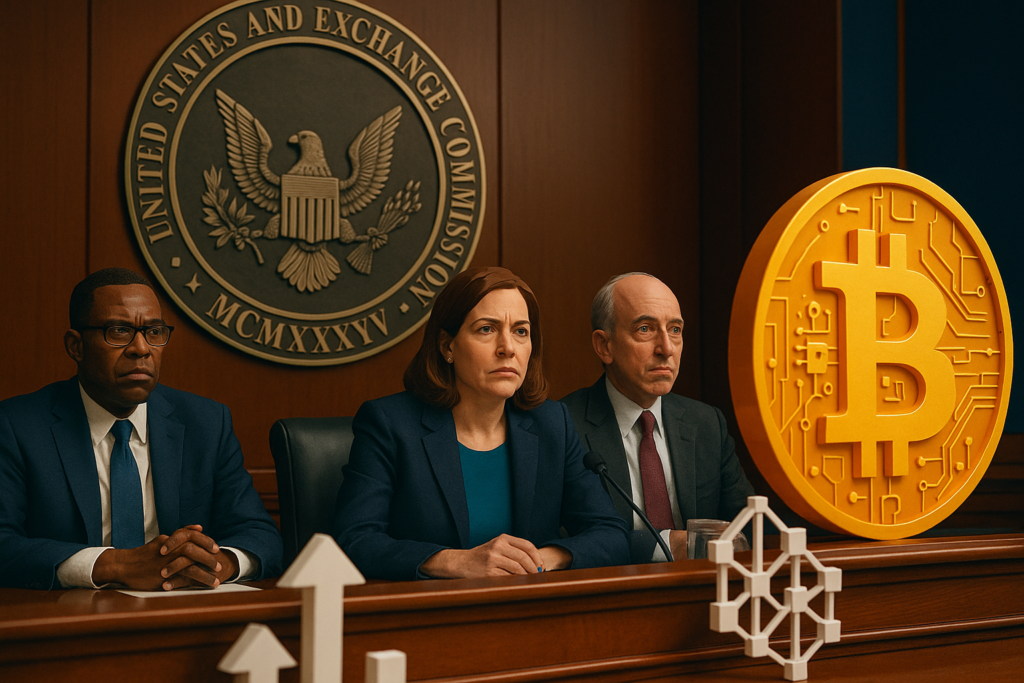As the U.S. House of Representatives prepares to debate the Digital Asset Market Clarity Act, Democratic lawmakers are raising alarms over what they describe as being shut out from essential technical input by the U.S. Securities and Exchange Commission (SEC).
The bill, which aims to establish a comprehensive regulatory framework for crypto markets, is scheduled for hearings on Wednesday in both the House Financial Services Committee and the House Agriculture Committee.
However, Democratic staffers claim the SEC denied them access to critical analysis of the bill’s potential impacts—an analysis they say has already been provided to Republican members.
Technical Input Withheld, Staffers Say
According to Democratic aides, the SEC declined to answer technical questions or provide subject-matter experts when requested. Staffers specifically mentioned that Landon Zinda, a member of the SEC’s Crypto Task Force and former advocate at Coin Center, was unable to address basic policy questions during a scheduled briefing.
This situation prompted Representative Maxine Waters, the ranking Democrat on the committee, to prepare a letter to SEC Chairman Paul Atkins, demanding a “comprehensive technical and impact analysis” of the proposed legislation.
In her draft letter, Waters emphasized the need for transparency, writing that “fulsome answers to the questions raised above are necessary for the American people… to determine whether this legislative proposal addresses the unique risks related to crypto.”
SEC Responds to Allegations
In response to the accusations, an SEC spokesperson stated that the agency “provides technical assistance to any Member of Congress who seeks it, including on these crypto-related bills.” Still, Democratic staff maintain they were denied equal access, raising concerns about fairness and due diligence.
Crypto Industry Eyes Regulatory Breakthrough
The Digital Asset Market Clarity Act is widely seen as a pivotal bill for the crypto industry, which has long called for clear, unified federal guidelines to support responsible innovation and curb regulatory uncertainty.
Despite internal party disagreements, some Democrats have joined Republicans to support crypto-related bills, reflecting a growing bipartisan push for modernization of digital asset policy.
Concerns remain, however, that loopholes in the bill could enable traditional financial firms to evade securities laws, weakening investor protections in the process.
